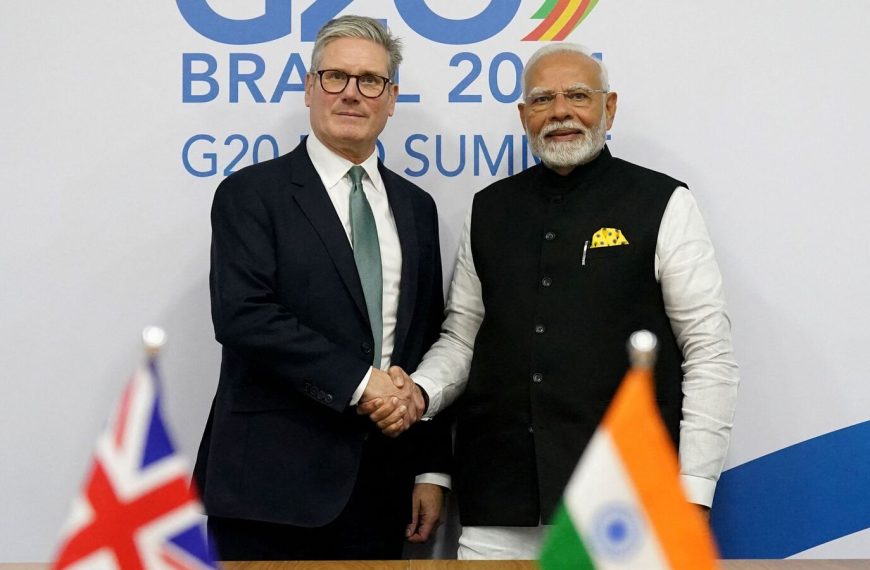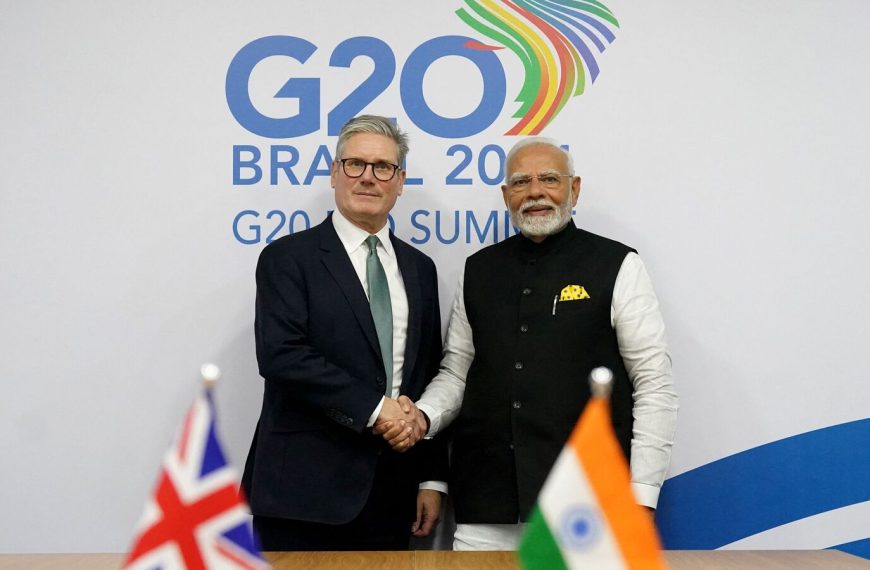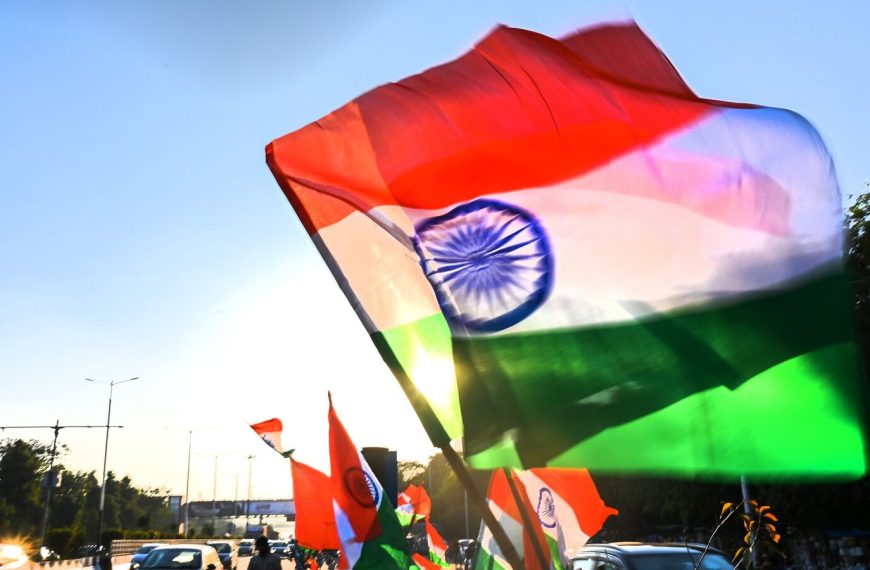India Set to Overtake Japan as Fourth-Largest Economy by 2025
In an exciting economic forecast, India is poised to surpass Japan and claim the title of the world’s fourth-largest economy by 2025, according to the International Monetary Fund (IMF). This projection indicates a significant leap for India, with its nominal Gross Domestic Product (GDP) expected to reach $4.187 trillion, just edging out Japan’s anticipated $4.186 trillion. As this milestone approaches, India is also setting its sights on overtaking Germany, which is projected to hold the third spot with a GDP of $4.74 trillion.
Key Economic Insights
- Current Ranking: In 2024, India held the fifth position globally with a GDP of $3.9 trillion, while Japan was slightly ahead at $4.1 trillion.
- Growth Factors: India’s remarkable ascent is attributed to several factors:
- Strong Domestic Demand: A burgeoning middle class is driving consumption.
- Favorable Demographics: A youthful population supports a dynamic workforce.
- Structural Reforms: Initiatives aimed at enhancing productivity and attracting investment continue to transform the economy.
Despite the optimistic outlook, India still trails the giants, the United States and China, which are projected to have GDPs of $30.51 trillion and $19.23 trillion, respectively, by 2025.
Challenges Ahead
While this growth trajectory showcases India’s resilience, recent trends indicate a slowdown in economic momentum. Following an impressive 8.2% growth in FY24, down from 7% in FY23, the GDP growth rate dipped to 6.2% in the third quarter of FY25, improving from 5.6% in the previous quarter. This slowdown poses challenges to meet the National Statistical Office’s revised growth target of 6.5% for the full year.
Interestingly, the IMF has revised its growth forecast for 2025-26 down to 6.2%, a decrease from an earlier estimate of 6.5%. This revision reflects broader global economic concerns, particularly linked to the ongoing trade tensions, notably the US tariff war.
Trade Dynamics and Economic Outlook
The US recently implemented a 27% reciprocal tariff on Indian imports, a move aimed at addressing trade imbalances. Although this was reduced to 10% for a temporary relief period, it has amplified trade uncertainty and impacted currency stability in India.
- Impact of Trade Policy:
- Businesses are hesitant to invest due to unpredictable market access.
- Financial institutions are reassessing their credit supply, waiting to understand how companies will navigate these challenges.
IMF economic counselor Pierre-Olivier Gourinchas emphasized that ongoing trade policy uncertainty is significantly affecting the global economic outlook. He noted that many firms are pausing investments and scaling back purchases as they adapt to the evolving trade landscape.
In conclusion, as India gears up to surpass Japan, it is crucial to recognize both the potential and the challenges that lie ahead. The nation’s growth journey is closely tied to its ability to navigate these economic hurdles while fostering a stable investment climate.











